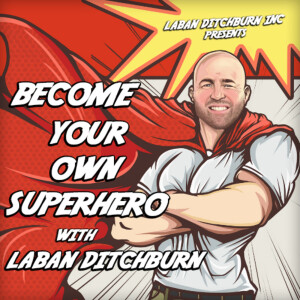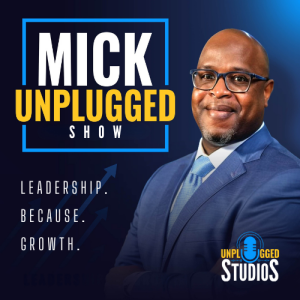

From Ulcers to Nobel: Barry Marshall’s Bacterial Breakthrough
Professor Barry Marshall, a 2005 Nobel Laureate in Physiology or Medicine, joins us to discuss his groundbreaking discovery of the Helicobacter pylori bacteria and its significant role in causing peptic ulcers and gastritis. This revelation challenged long-standing beliefs that ulcers were primarily caused by stress and diet, fundamentally altering our understanding of gastrointestinal health. Barry shares insights from his remarkable journey, including the rigorous scientific process that led to this discovery and the personal risks he took to validate his findings. Throughout the conversation, he emphasizes the importance of scientific inquiry and the transformative power of knowledge in medicine. Join us as we explore the impact of Barry's work on millions of lives and the ongoing relevance of his research in today's medical landscape.
Professor Barry Marshall, a distinguished physician and Nobel Laureate, shares his groundbreaking journey of discovering the Helicobacter pylori bacterium, which has revolutionized our understanding of peptic ulcers and gastritis. During the conversation, he recounts the skepticism he faced from the medical community when he proposed that ulcers were not just caused by stress and diet, but rather by this bacteria. Marshall's determination led him to conduct a self-experiment, famously swallowing the bacteria to demonstrate its effects firsthand. This anecdote highlights not only his commitment to his research but also the lengths to which he went to prove his hypothesis. The discussion delves into the broader implications of his work, including how it has changed treatment protocols worldwide and the importance of questioning established medical doctrines. Marshall emphasizes the significance of scientific inquiry and evidence-based medicine, urging listeners to appreciate the complexities of medical research and the value of perseverance in the face of adversity.
The episode further explores the interplay between diet, health, and scientific research. Laban, the host, engages Marshall in a conversation about diet's role in overall health, touching on the impact of dietary choices on conditions like high cholesterol and diabetes. Marshall shares insights from his extensive career, advocating for informed dietary changes that can enhance well-being. He also emphasizes the importance of understanding the body's reactions to different foods, particularly the need for accurate scientific data to guide health decisions. This exchange not only provides practical advice for listeners but also reinforces the idea that personal health is deeply intertwined with scientific understanding, making a compelling case for the necessity of research in everyday health choices.
Takeaways:
- Dr. Barry Marshall's groundbreaking discovery of Helicobacter pylori transformed our understanding of peptic ulcers.
- He humorously shared that his mother used to nominate him for the Nobel Prize.
- Marshall's self-experimentation with Helicobacter pylori led to significant insights into gastritis and ulcers.
- The importance of proper scientific methodology, like double-blind studies, is crucial in medical research.
- Marshall emphasized the necessity of informing the public about scientific discoveries, especially in health.
- A diet change can significantly impact health, as seen in Marshall's own research.
Links referenced in this episode:
- barryjmarshall.blogspot.com
- twitter.com/barjammar
- nobelprize.org/prizes/medicine/2005/marshall/lecture/
More Episodes
All Episodes>>You may also like
Create Your Podcast In Minutes
- Full-featured podcast site
- Unlimited storage and bandwidth
- Comprehensive podcast stats
- Distribute to Apple Podcasts, Spotify, and more
- Make money with your podcast












